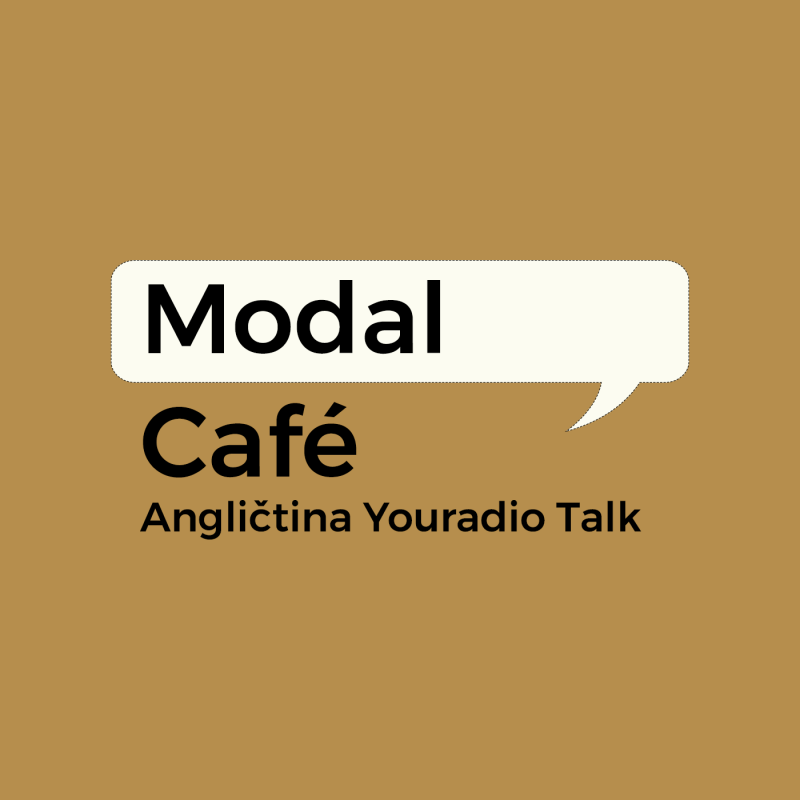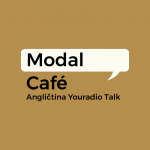Úvod
Podcasty
Osobní rozvoj
Modal Café – Angličtina Youradio Talk
Lekce 9: Will - From what I understand of ...

Lekce 9: Will - From what I understand of the situation. I’m sure that this is true.

The negative of will is will not. It is usual to join these two words together. Like this - won’t. Will is most commonly used in English to talk about the future. It is also very common in sentences like – You’ll feel better if you take this medicine or I’ll tell him when I see him. It is possible to use shall with 'I' or 'we', especially in British English, in place of will, but this is considered quite formal and is not used so much any more. Sloveso will se dá kromě budoucího času užívat v mnoha jiných podobách – dokonce i pro čas minulý. Talking about the future: I’ll do it. Predicting the present: They’ll be having dinner now. Making a promise: I’ll do it. Offering: Will you have some more? Speculating about the past: That will have been in 1980 I suppose. Talking about habits or characteristics: He’ll sit for hours reading. Česky můžeme podobně říct: hodiny bude sedět a číst nebo jinak: sedí hodiny nad knihou. Na základě toho, co o určité situaci víme a jak ji chápeme, jsme o něčem přesvědčeni.
Popis podcastu
V Modal Café neboli Modální kavárně se můžete naučit používat anglická modální slovesa.